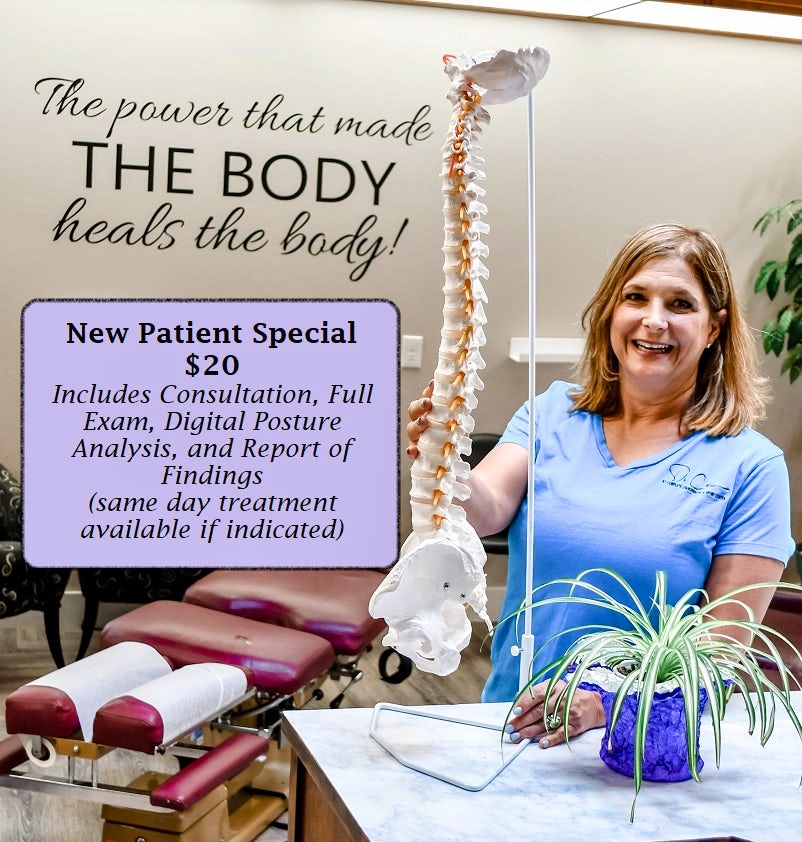
The gut-brain connection is an intricate and fascinating communication system between our gut and brain, revealing that our digestive health significantly impacts our mental wellbeing. Often called our "second brain," the gut hosts a vast network of neurons and an intricate ecosystem of bacteria, collectively known as the microbiome. This connection is so strong that what happens in our gut can influence how we think, feel, and even act.
- The Gut as the "Second Brain" The gut contains its own nervous system, the enteric nervous system, which sends signals to the brain and vice versa. This system controls digestion and other processes autonomously, but it's also in constant communication with our brain. Through the vagus nerve and a network of neurotransmitters, the gut and brain send messages to each other, influencing things like mood, stress responses, and cognitive function.
- How the Microbiome Affects Mental Health The gut houses trillions of bacteria that aid in digestion, immune function, and even hormone production. A healthy microbiome contributes to the production of mood-stabilizing neurotransmitters, like serotonin, which is mostly produced in the gut. Studies show that imbalances in gut bacteria—often caused by poor diet, stress, or antibiotics—can lead to inflammation and influence mental health conditions, such as anxiety and depression.
- Reducing Inflammation and Stress Through Diet A diet high in fiber, fermented foods, and healthy fats can support a balanced microbiome, while processed foods and sugars may promote inflammation. Eating foods that support good bacteria helps reduce gut inflammation, which may alleviate symptoms of depression and anxiety. Probiotics, found in fermented foods like yogurt and kimchi, and prebiotics, in foods like garlic and bananas, can nourish the gut and support mood regulation.
- Practical Ways to Boost Gut Health for Better Mental Wellbeing Fostering gut health starts with simple lifestyle changes: eating a variety of fiber-rich foods, reducing stress, and incorporating regular exercise. Taking care of our gut doesn't just improve digestion—it may also improve mood, reduce anxiety, and promote clearer thinking. The connection between gut health and mental wellbeing highlights the importance of a holistic approach to mental health. By paying attention to what we eat and how we care for our gut, we can create a stronger foundation for overall wellness, both mentally and physically.






